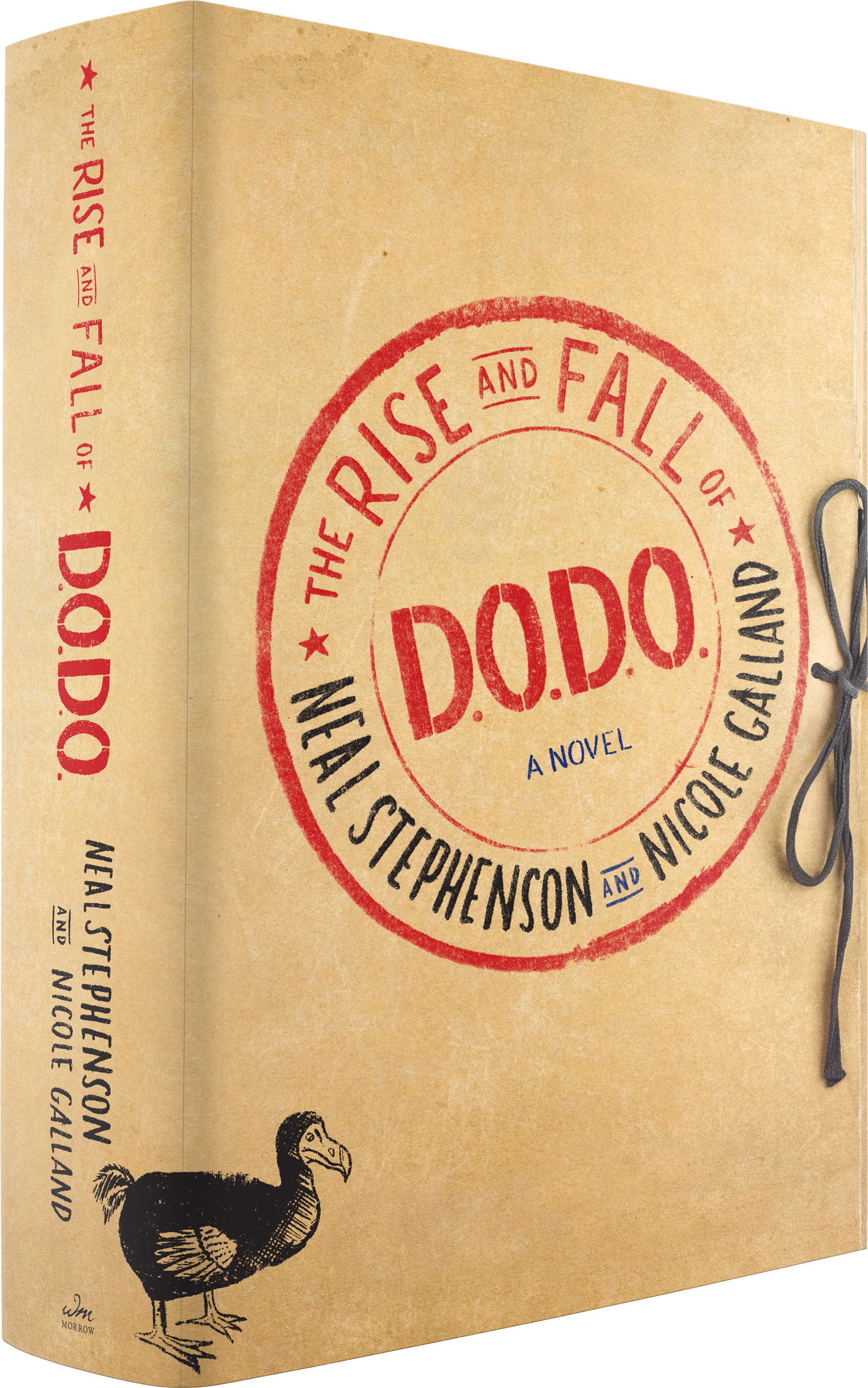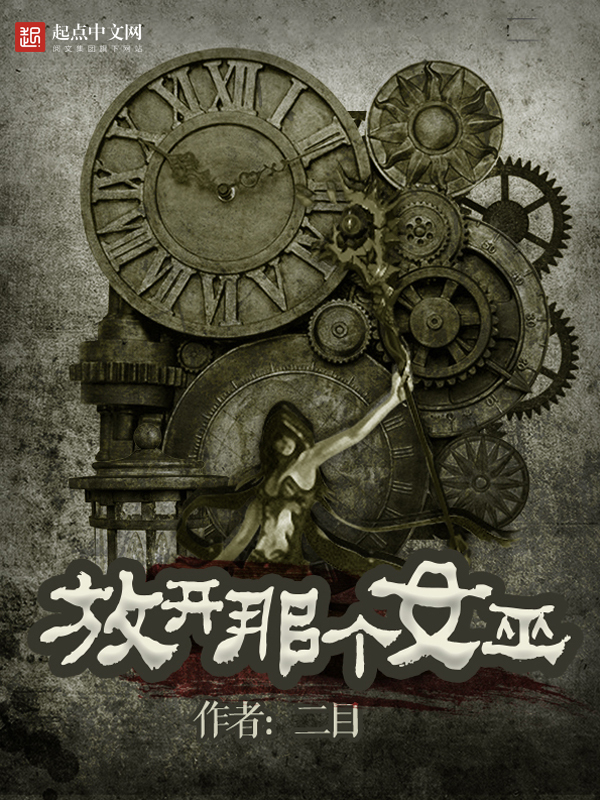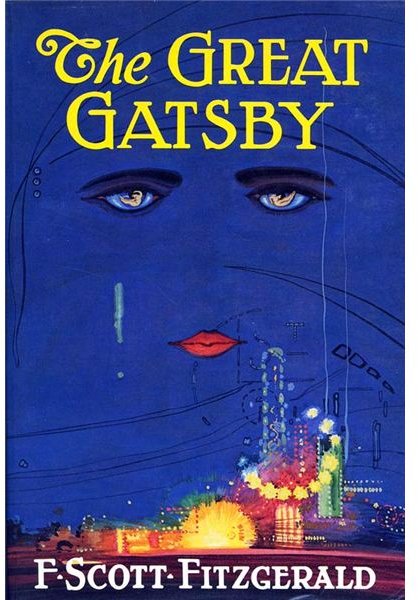You are using an out of date browser. It may not display this or other websites correctly.
You should upgrade or use an alternative browser.
You should upgrade or use an alternative browser.
Which Book Are You Reading Now? Volume XII
- Thread starter Flying Pig
- Start date
- Status
- Not open for further replies.
Well put. I stopped reading him years ago, with the exception of I Will Fear No Evil, which I read fairly recently. Good premise, but flawed execution. It might have been a really outstanding novel in the hands of a woman. Heinlein doesn't quite get us, and it shows in the book, unfortunately.I read Stranger in a Strange Land earlier this year and felt it was a lot like a John Grisham novel - interesting for about 100 pages.
FriendlyFire
Codex WMDicanious
Paul in Saudi
Emperor
Ambrose's Eisenhower the President. It has helped with my understanding of Nixon and JFK. Still, dry as toast.
They are all quite good. But I think Lord Toranaga would reject your comments because he has neverShogun is best. Tai-Pan too.
Kudos. It's one of those books I have on the list for when I can get them.The Name of the Rose by Umberto Eco.
I shall await that eagerly.Yep its a nice mix of comedy, slice of life with magic school
I would love to see it made into an anime
Leifmk
Deity
The Peregrine by J.A. Baker. A small book from 1967 about bird-watching in the English countryside may sound kind of dull, but when Werner Herzog taught film students he put this thing on the required-reading list. Witness, holy crap:
December 24th
The day hardened in the easterly gale, like a flawless crystal. Columns of sunlight floated on the land. The unrelenting clarity of the air was solid, resonant, cold and pure and remote as the face of the dead.
Near the brook a heron lay in frozen stubble. Its wings were stuck to the ground by frost, and the mandibles of its bill were frozen together. Its eyes were open and living, the rest of it was dead. All was dead but the fear of man. As I approached I could see its whole body craving into flight. But it could not fly. I gave it peace, and saw the agonized sunlight of its eyes slowly heal with cloud.
No pain, no death, is more terrible to a wild creature than its fear of man. A red-throaded diver, sodden and obscene with oil, able to move only its head, will push itself out from the sea-wall with its bill if you reach down to it as it floats like a log in the tide. A poisoned crow, gaping and helplessly floundering in the grass, bright yellow foam bubbling from its throat, will dash itself up again and again on to the descending wall of air, if you try to catch it. A rabbit, inflated and foul with myxomatosis, just a twitching pulse beating in a bladder of bones and fur, will feel the vibration of your footstep and will look for you with bulging, sightless eyes. Then it will drag itself away into a bush, trembling with fear.
We are the killers. We stink of death. We carry it with us. It sticks to us like frost. We cannot tear it away.
December 24th
The day hardened in the easterly gale, like a flawless crystal. Columns of sunlight floated on the land. The unrelenting clarity of the air was solid, resonant, cold and pure and remote as the face of the dead.
Near the brook a heron lay in frozen stubble. Its wings were stuck to the ground by frost, and the mandibles of its bill were frozen together. Its eyes were open and living, the rest of it was dead. All was dead but the fear of man. As I approached I could see its whole body craving into flight. But it could not fly. I gave it peace, and saw the agonized sunlight of its eyes slowly heal with cloud.
No pain, no death, is more terrible to a wild creature than its fear of man. A red-throaded diver, sodden and obscene with oil, able to move only its head, will push itself out from the sea-wall with its bill if you reach down to it as it floats like a log in the tide. A poisoned crow, gaping and helplessly floundering in the grass, bright yellow foam bubbling from its throat, will dash itself up again and again on to the descending wall of air, if you try to catch it. A rabbit, inflated and foul with myxomatosis, just a twitching pulse beating in a bladder of bones and fur, will feel the vibration of your footstep and will look for you with bulging, sightless eyes. Then it will drag itself away into a bush, trembling with fear.
We are the killers. We stink of death. We carry it with us. It sticks to us like frost. We cannot tear it away.
sophie
Break My Heart
Leopold von Ranke, The Theory and Practice of History
G.R. Elton, The Practice of History
Emmanuel LeRoy Ladurie, Montaillou: The Promised Land of Error
Arlette Farge, The Allure of the Archives
E.H. Carr, What is History?
A.G. Dickens, The German Nation and Martin Luther
That was last week's reading. This week I got:
Sofia Rosenfeld, Common Sense: A Political History
Benedict Anderson, Imagined Communities
Lynn Hunt, Inventing Human Rights
Peter de Bolla, The Architecture of Concepts
Adam Smith, An Inquiry into the Nature and Causes of the Wealth of Nations
Mancur Olson, The Logic of Collective Action
A.O. Hirschman, Exit, Voice and Loyalty: Responses to Decline in Firms, Organizations, and States
Elinor Ostrom, Governing the Commons: The Evolution of Institutions for Collective Action
Jürgen Habermas, Structural Transformation of the Public Sphere
Michel Foucault, Discipline and Punish
Jan Goldstein, "Foucault among the Sociologists: The Disciplines and History of the Professions"
Mark Raeff, "The Well-Ordered Police State and the Development of Modernity in Seventeenth- and Eighteenth-Century Europe: An Attempt at a Comparative Approach"
Steven Ozment, The Age of Reform, 1250-1550: An Intellectual and Religious History of Late Medieval and Reformation Europe
Steven Ozment ed., Reformation Europe: A Guide to Research
The latter two are, obviously, for my thesis research. I only hope I have time to get to them. Because otherwise getting to my thesis proposal is going to be difficult, assuming this kind of workload is the standard....
G.R. Elton, The Practice of History
Emmanuel LeRoy Ladurie, Montaillou: The Promised Land of Error
Arlette Farge, The Allure of the Archives
E.H. Carr, What is History?
A.G. Dickens, The German Nation and Martin Luther
That was last week's reading. This week I got:
Sofia Rosenfeld, Common Sense: A Political History
Benedict Anderson, Imagined Communities
Lynn Hunt, Inventing Human Rights
Peter de Bolla, The Architecture of Concepts
Adam Smith, An Inquiry into the Nature and Causes of the Wealth of Nations
Mancur Olson, The Logic of Collective Action
A.O. Hirschman, Exit, Voice and Loyalty: Responses to Decline in Firms, Organizations, and States
Elinor Ostrom, Governing the Commons: The Evolution of Institutions for Collective Action
Jürgen Habermas, Structural Transformation of the Public Sphere
Michel Foucault, Discipline and Punish
Jan Goldstein, "Foucault among the Sociologists: The Disciplines and History of the Professions"
Mark Raeff, "The Well-Ordered Police State and the Development of Modernity in Seventeenth- and Eighteenth-Century Europe: An Attempt at a Comparative Approach"
Steven Ozment, The Age of Reform, 1250-1550: An Intellectual and Religious History of Late Medieval and Reformation Europe
Steven Ozment ed., Reformation Europe: A Guide to Research
The latter two are, obviously, for my thesis research. I only hope I have time to get to them. Because otherwise getting to my thesis proposal is going to be difficult, assuming this kind of workload is the standard....
Last edited:
SS-18 ICBM
Oscillator
Finished Capital Vol. 1. Just had to get over the repetitiveness of Marx's depictions of the misery of English industrial living to the truly interesting insights at the end and the included draft chapter Results of the Direct Production Process.
A short summary begins with the labour theory of value and an introduction of surplus value. Capital extracts surplus value from labour through unpaid work, and an enumeration of the various methods lays out the capitalist mode of production. This surplus value allows capital to perform self-valorization of its value, growing and consuming even more labour and extracting even more value. The genesis of capital is primitive accumulation, by which workers face expropriation and thus have no choice but to sell their labour to capital for the foreseeable future.
Marx's analysis makes some interesting predictions such as the ever-present demand for growth and the increasing flexibility of labour (compare trades passed down among generations to the typical contemporary career which changes every few years). The text even warns about orthodox political economists mistaking appropriation with the labour process itself. Capital is thus regarded as a immutable natural element of production, much like precious metals being regarded as money.
A short summary begins with the labour theory of value and an introduction of surplus value. Capital extracts surplus value from labour through unpaid work, and an enumeration of the various methods lays out the capitalist mode of production. This surplus value allows capital to perform self-valorization of its value, growing and consuming even more labour and extracting even more value. The genesis of capital is primitive accumulation, by which workers face expropriation and thus have no choice but to sell their labour to capital for the foreseeable future.
Marx's analysis makes some interesting predictions such as the ever-present demand for growth and the increasing flexibility of labour (compare trades passed down among generations to the typical contemporary career which changes every few years). The text even warns about orthodox political economists mistaking appropriation with the labour process itself. Capital is thus regarded as a immutable natural element of production, much like precious metals being regarded as money.
Traitorfish
The Tighnahulish Kid


See, the common theme is identity, and, uh, hats? I got nothin'.
sophie
Break My Heart
Whoa hey look, a book I own!
I just started it today and by page 15 I was hooked!! I look forward to savoring the next 700.DODOSpoiler :
FriendlyFire
Codex WMDicanious
Great cover; how about a title we can read?
In comparison with all those you're borrowing, sounds great.Whoa hey look, a book I own!
FriendlyFire
Codex WMDicanious
Great cover; how about a title we can read?
Ummm I dont think they will be translated into English, only the huge massive top sellers get translated
The first is Evil God Average, the second is Release the Witch
Both are pretty good, fantasy novels makes a break from the depressing politics of reality
I do hope that they get made into anime, generally a smash hit anime will then create enough demand for the novel to be translated.
Last edited:
sophie
Break My Heart
In comparison with all those you're borrowing, sounds great.
Foucault is such a blast! I read for 10 hours straight today I literally can't see straight
- Joined
- Mar 17, 2007
- Messages
- 9,316
Owen, I'm impressed by your reading list! I can see why you're reading for 10 hours with that much to read!
I've been slowly progressing through Gibbon's Decline and Fall, volume 1. At page 70-something (not counting the lengthy introduction) currently. But my daily allocation for it is more like 20-30 minutes, so it's going to take awhile. Pretty interesting so far, and a nice complement to my mostly-Republican Roman reading (Polybius, De Bellum Jugurthinum and the Catiline Conspiracy by Sallust, Livy's first 6-7 books, and perhaps one more I'm not remembering) of the past couple years.
I've been slowly progressing through Gibbon's Decline and Fall, volume 1. At page 70-something (not counting the lengthy introduction) currently. But my daily allocation for it is more like 20-30 minutes, so it's going to take awhile. Pretty interesting so far, and a nice complement to my mostly-Republican Roman reading (Polybius, De Bellum Jugurthinum and the Catiline Conspiracy by Sallust, Livy's first 6-7 books, and perhaps one more I'm not remembering) of the past couple years.
Owen, I'm impressed by your reading list! I can see why you're reading for 10 hours with that much to read!
I've been slowly progressing through Gibbon's Decline and Fall, volume 1. At page 70-something (not counting the lengthy introduction) currently. But my daily allocation for it is more like 20-30 minutes, so it's going to take awhile. Pretty interesting so far, and a nice complement to my mostly-Republican Roman reading (Polybius, De Bellum Jugurthinum and the Catiline Conspiracy by Sallust, Livy's first 6-7 books, and perhaps one more I'm not remembering) of the past couple years.
I haven't read Gibbon, but know of the very negative comment about him by Napoleon. Apparently many current historian also dislike him.
Napoleon noted that Gibbon is "barking".
- Status
- Not open for further replies.
Similar threads
- Replies
- 355
- Views
- 12K
- Replies
- 605
- Views
- 34K
- Replies
- 37
- Views
- 1K
- Replies
- 6
- Views
- 533
- Locked
- Replies
- 998
- Views
- 43K



